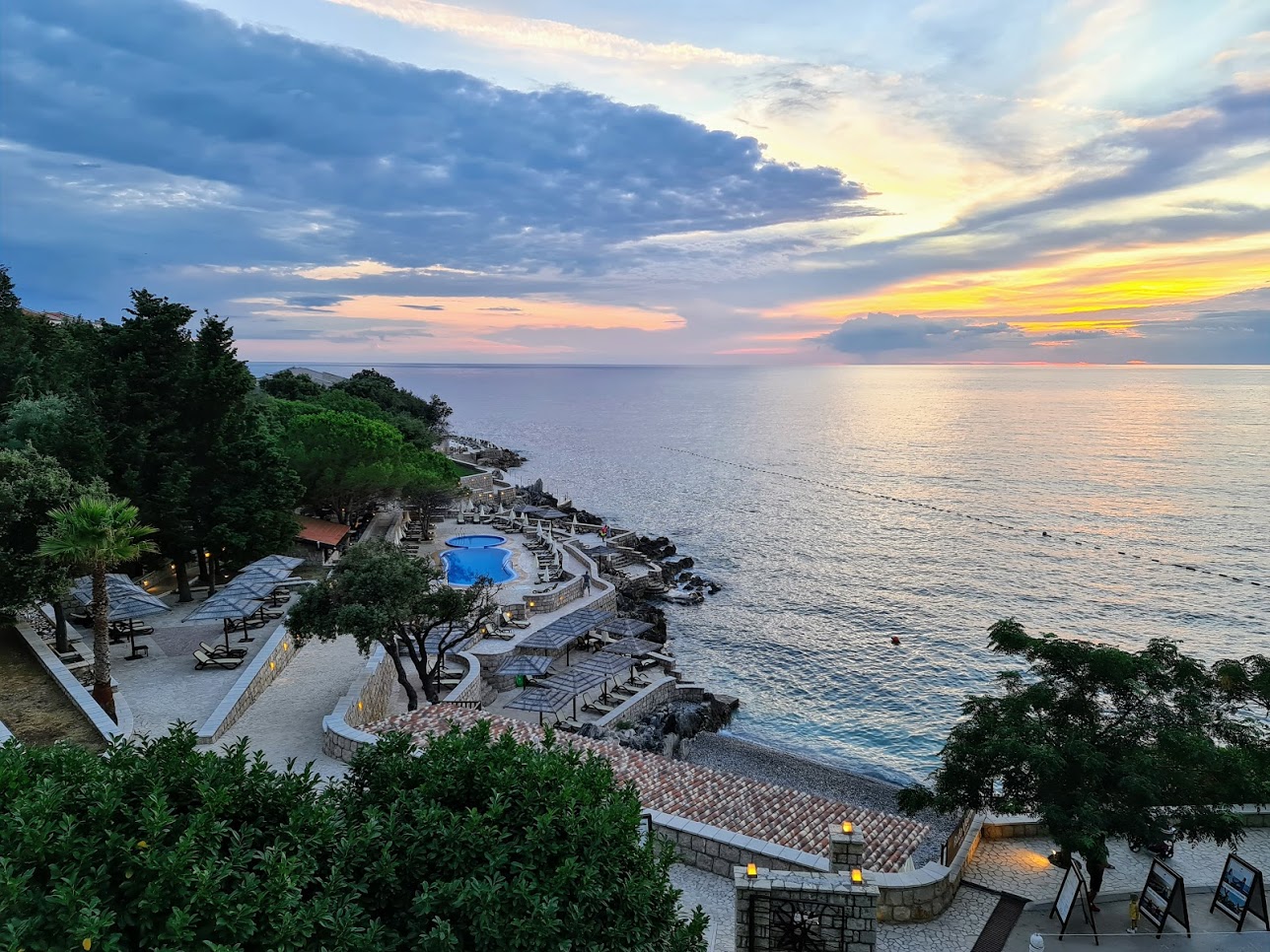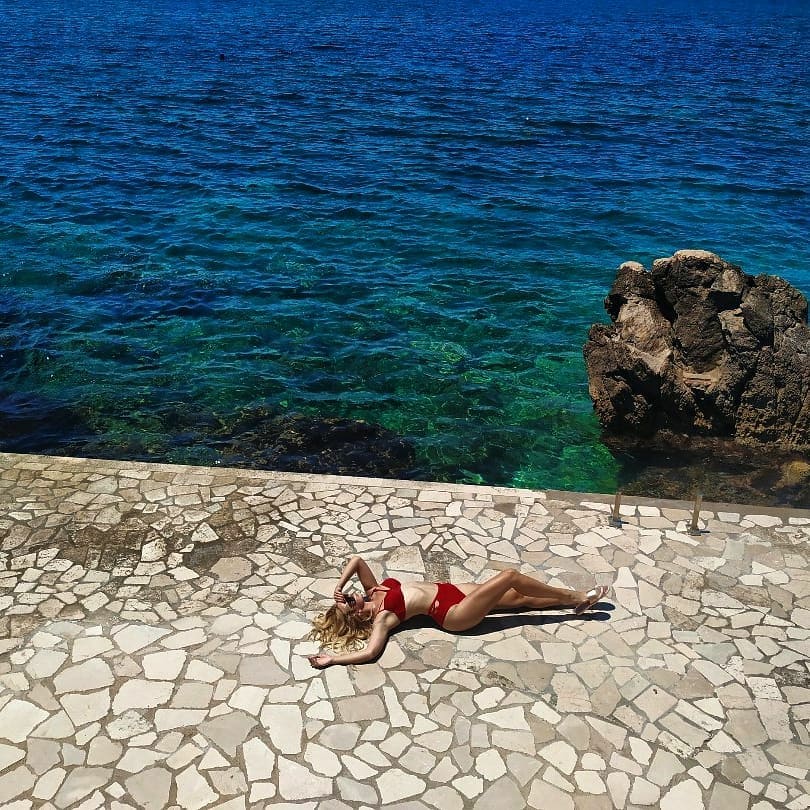5 important tips for safe sunbathing during the summer
We all like to be exposed to the sun while the sound of sea waves calms us, and the body slowly releases stress. The sun has a beneficial effect on the immune system and mood, and is important for good health. It is necessary to expose it in sufficient quantities because it stimulates the production of vitamin D in the body, but it can still significantly harm the health of the skin. To reduce the risk of sun damage to the skin, avoid sun exposure between 10 a.m. and 4 p.m. During this period, UV radiation is strongest and dries the skin.
Sun protection should be a mandatory part of the daily beauty routine so that the skin retains its freshness, suppleness and youthful appearance even during the summer months. The misconception is that we don’t need protection if we’ve already tanned. Always apply the optimal amount of sunscreen. For proper protection, apply 2 ml of sunscreen on 1 cm2 of skin. A full teaspoon of face cream is needed. The sunscreen should be applied to the skin 15 to 30 minutes before sun exposure. It needs to be renewed after bathing, wiping with a towel, sweating, because in that way 30 to 40 percent of the protective layer is removed. Also, you must renew each SPF cream every two hours.
Even if you will be in the shade, it is necessary to apply a protective cream. UV rays are reflected on us from various surfaces that surround us, so the shade does not provide sufficient protection. The same is true when it is cloudy: depending on the density of the clouds that cover the sky, up to 90% of UV rays still pass through them.
In order to have healthy and tanned skin, we need an appropriate sun protection factor. If you have facial skin sensitive to the sun, a lighter complexion, or you have been on a chemical peel or laser treatment, always use a product with a very high protection factor (SPF 50+) for the face. If your unprotected skin in the sun starts to burn after five minutes, and you plan to stay on the beach or by the pool for 150 minutes, then you need SPF 30. The formula for calculating the factor you need is simple: SPF number (in this case 30 ) five times (the number of minutes it takes for your unprotected skin to start burning) gives 150 (the minutes you will spend outside).
In addition to using products with a high protection factor, they also protect themselves with clothes, hats, and sunglasses. During the summer days, your body loses a lot of water through sweating, so it is extremely important to drink plenty of fluids to make up for that loss and ensure that your skin stays soft and hydrated.





